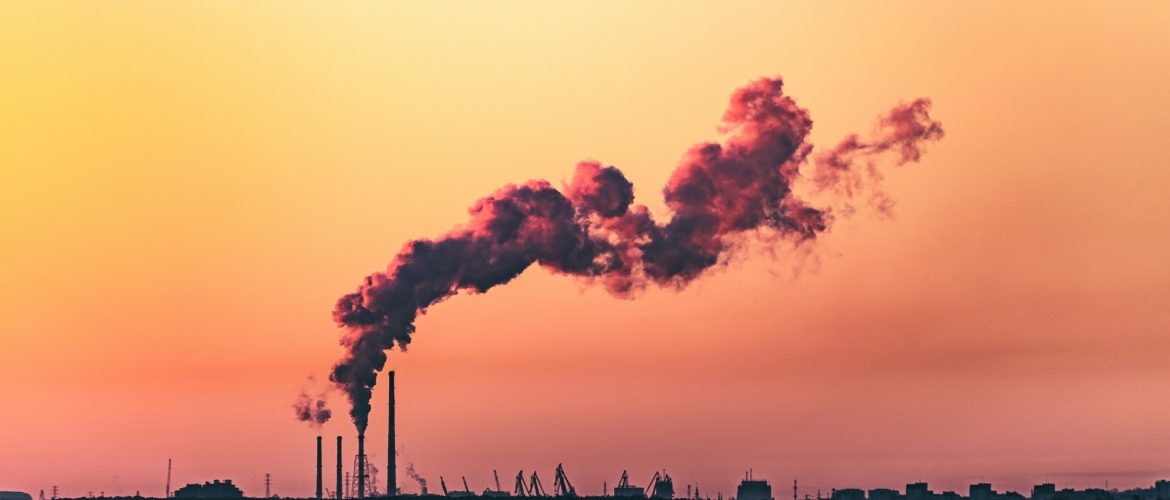Greece’s and the European Union’s strategy for green hydrogen, as well as the challenges for its end uses, were the main topics of discussion during Nikos Mantzaris’ appearance on the TV show “Borders”, hosted by Kalli Zarali and broadcast by ERT3 & ERTNEWS.
The interview was held on the occasion of the discovery of a promising hydrogen deposit in Bulqizë, Albania.
The reason hydrogen was under discussion is because of its high energy content, together with the fact that when burned, it does not emit carbon dioxide – so its use is not detrimental to the climate with greenhouse gases. Green hydrogen is produced by electrolysis of water, i.e. its decomposition into oxygen and hydrogen by the introduction of electricity from renewable sources, and is therefore the only thing that can help us with decarbonization.
Regarding the findings on the hydrogen deposit in Albania, the Green Tank policy analyst assessed that it is a small quantity compared to the targets and needs of a country like Greece, thus making the value of its exploitation questionable. Specifically, scientists say that the deposit in question contains up to 55,000 tons of hydrogen in total, while the needs of a country like Greece – which are mentioned in various versions of the NECP – range between 100,000 and 200,000 tons for 2030 alone.
As far as the European Hydrogen Strategy is concerned, the EU-27 has set a consumption target of 20 million tons per year in 2030. Of these, 10 million will be produced within the EU and the remaining 10 million will be imported. To produce these quantities of green hydrogen, 40 GW of electrolysis systems will be needed by 2030.
For Greece, he noted that in the latest version of the NECP, the development of 300 MW of electrolysis systems was revised downwards, due to the fact that green hydrogen is expensive to produce.
Finally, it was pointed out that the big challenge for hydrogen in the future is its end uses.
“Where should we use green hydrogen? Priority will have to be given to industry, especially in its sectors that are difficult to decarbonize, such as steel, refineries, plastics and fertilisers. Also heavy vehicles and shipping and aviation. But not in electricity or heating, where we have better and cheaper solutions based on renewable energy sources,” Nikos Mantzaris concluded.
You can watch his statements in Greece on The Green Tank’s Youtube channel or on the ERTFLIX platform at 13:31. The show aired on Friday 19 April 2024.



















































































































































































































































































































